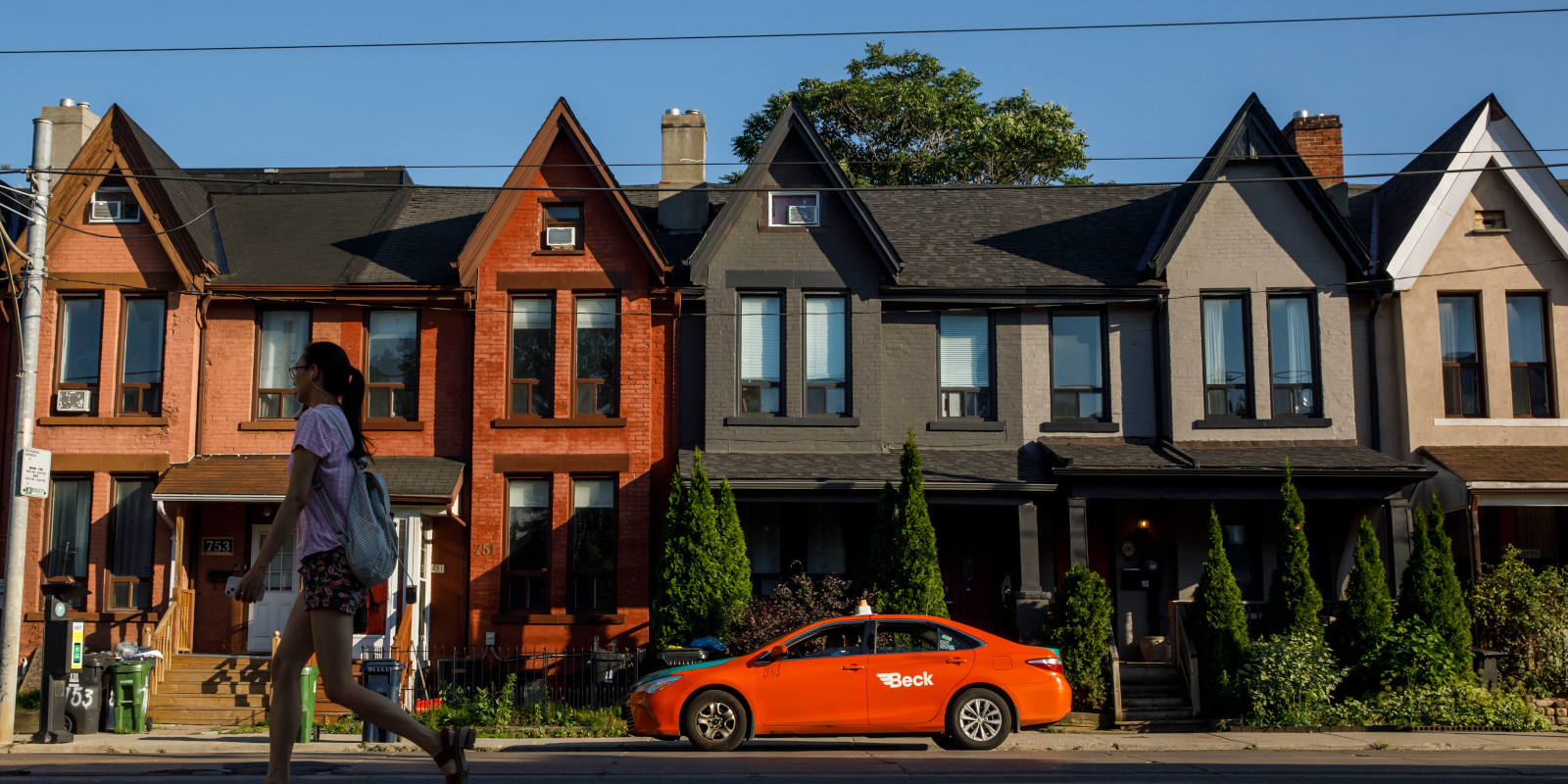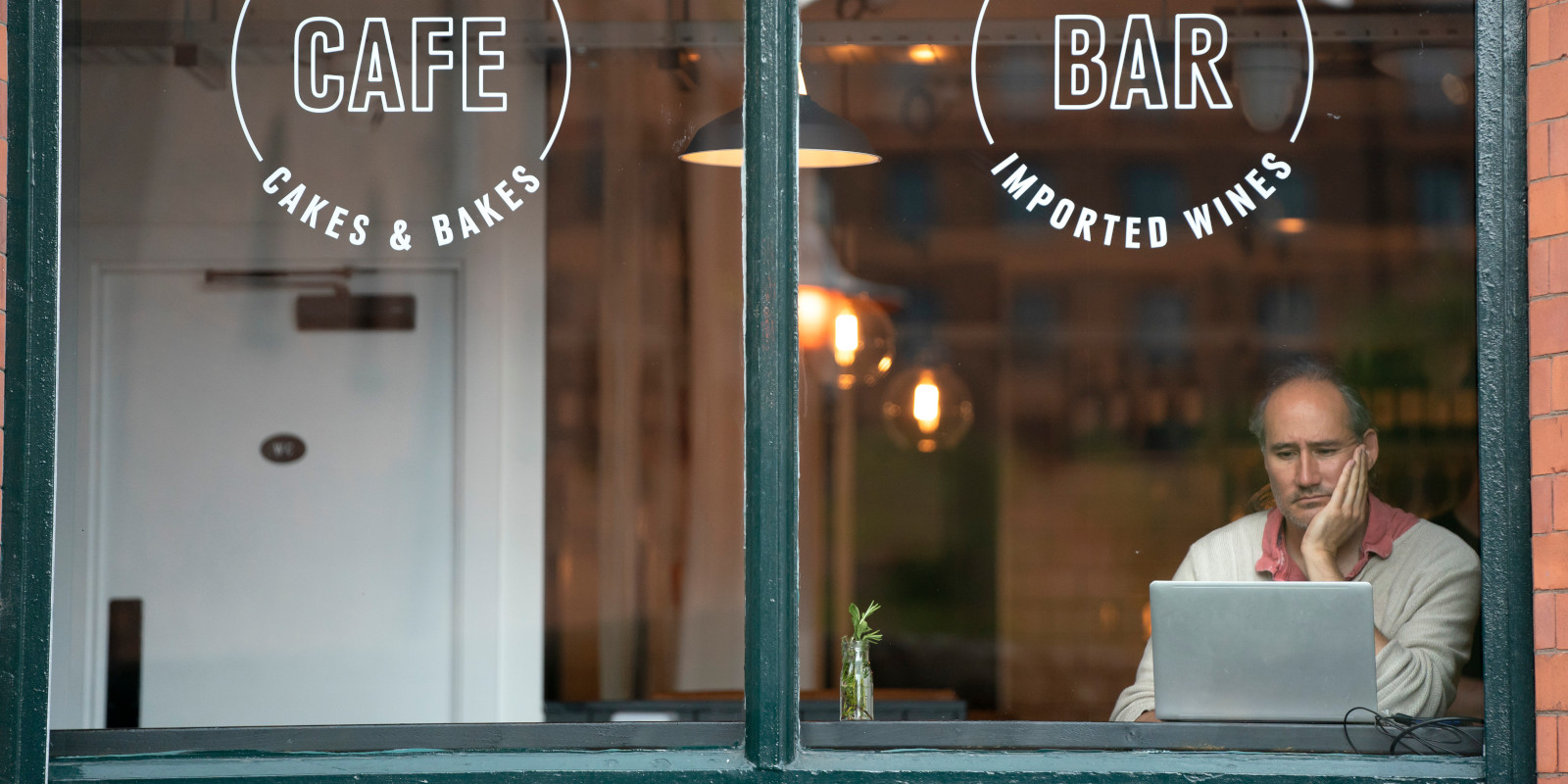Canadians keep having to earn more to rent or buy a place to live. Nowhere is that issue more prominent in Canada than Vancouver or Toronto, two of the world’s most expensive cities.
Although unaffordability has affected Canadians for years, this year’s municipal elections have seen overtly pro-development and pro-affordability, or YIMBY (Yes In My Back Yard), candidates take centre stage.
It’s a marked change from the past, where the conventional wisdom has assumed that homeowners, who make up the majority of voters, will always oppose development out of self-interest. Now some candidates are betting that a political sea change is underway and are hoping to ride the first wave of pro-development votes.
Mark Marissen, a long-time federal Liberal strategist, is running for mayor in Vancouver as the candidate for Progress Vancouver, a party he helped found in 2018. Progress is also running a full slate of candidates for city council.
In a plan called “Housing for All”, Progress declares changing Vancouver’s zoning laws as crucial to new developments aimed at boosting supply and lowering the cost of renting and buying property.
The average cost of a house in Vancouver is over $1 million, which Marissen says drives younger generations away to the suburbs.
“The average young Canadian family that doesn’t have access to an inheritance, they’re never gonna be able to buy one of these homes,” says Marissen. “We need young families in our neighbourhoods.”
Progress wants to end a municipal ban on six-storey rental and four-storey strata buildings in parts of Vancouver currently zoned for single-family homes, specifically around schools and transit hubs.
Upwards of 75 percent of Vancouver is zoned for detached, single-family houses, leaving little space for densification outside the downtown core.
Their goal targets 15,000 new units per year, half rentals—a goal to be aided by a streamlined development approval process.
A recent 25-storey tower proposed for Vancouver’s downtown was originally pitched as a rental development, but the proposal was altered last week to become solely condominiums. Marissen says a lack of new rental housing resulted from the federal government’s scaling back of incentives for developers to build them.
“This is a legacy of 30 years of housing policy that hasn’t been working,” says Marissen. “The last time we built a lot of purpose-built rentals was back in the sixties.”
Marissen says cooperation between different labels of government is required to solve the housing crisis, and that process will require pressure from the municipal level to begin.
“I think more and more people are becoming aware of how important this is,” says Marissen “It’s been ground zero here in Vancouver, so it’s understandable that we are a few years ahead of people on this stuff.”
In Toronto, incumbent mayor John Tory is facing challenges from Gil Peñalosa, founder of the non-profit 8 80 Cities, and Stephen Punwasi, an entrepreneur and founder of Better Dwelling, a housing news website. Both Peñalosa and Punwasi have made affordability central to their platforms, though Punwasi has a history of criticizing YIMBYs and proposes alternate plans.
Sushil Tailor is a YIMBY advocate in Toronto. He says both Vancouver and Toronto face the same problems because of their existing zoning laws. Toronto recently outpriced Vancouver as the most expensive city in Canada.
“These cities are primarily facing the same issues as it relates to housing: there is not enough supply to accommodate demand,” says Tailor. “Municipal regulations ensure we are not allowed to build net new housing on about 70 percent of land in both Toronto and Vancouver.”
Tailor says people long-believed housing was a bubble, and that managing demand was the solution, like tighter restrictions on development. However, Tailor calls that approach a “charade”, and that new regulations made it much harder for new housing.
Marissen says candidates can no longer reliably win municipal elections by running on stopping development and building new homes.
“That just shows how much the scene has changed and how especially for young people, young families, anybody under 40,” says Marissen. “That kind of rhetoric that people used to use to get elected municipally is Boomer rhetoric that doesn’t appeal to them.”
In 2018, Marissen wrote an op-ed stating that YIMBYs would dominate Vancouver politics in the future. According to a poll last week where he placed fourth, Marissen faces an uphill battle to win the mayoral race.
Vancouver’s incumbent mayor Kennedy Stewart has called for 220,000 new homes in Vancouver over 10 years, while Toronto mayor John Tory has promised reform and increased density in Toronto.
Critics have pointed out both mayors had years to help boost the housing supply, but say it is a positive sign they are talking about it.
“It feels like the wait is over, long-running debates have been settled, and public opinion is beginning to accept that if we want housing affordability we first need to be able to build new housing without hindrance,” says Tailor.
Recommended for You

Five Tweets on Western Canada’s devastating wildfires

Trevor Tombe: Canadians are paying billions in hidden taxes on new homes

Christopher Hume: Canada’s architects are building boring and bland cities

DeepDive: Two-parent families: why they’re so important—and why there’s cause for concern in Canada










